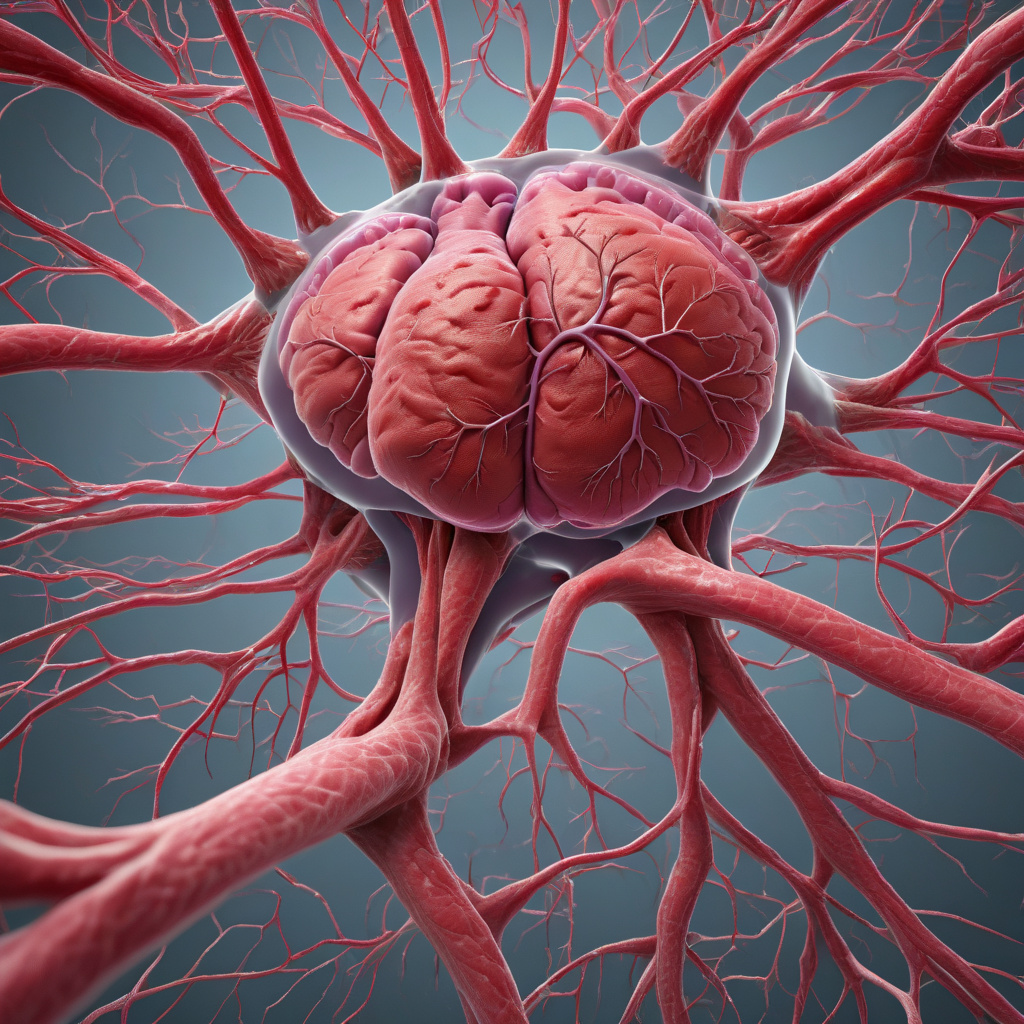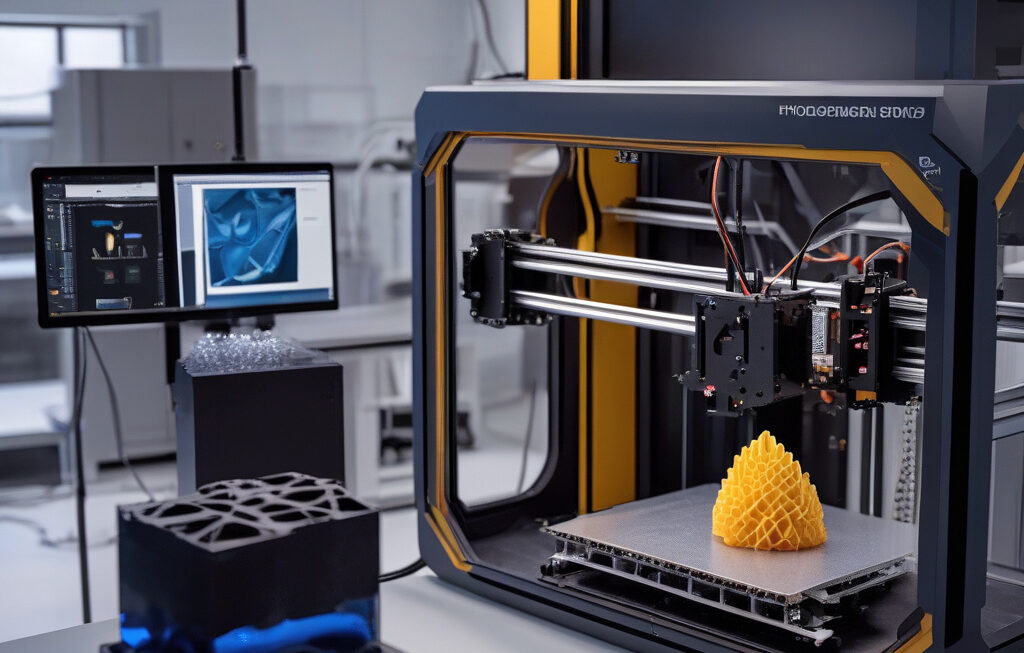Lab-Grown Liver Grows Veins, Stops Bleeding in Mice with Engineered Clotting Proteins
In a breakthrough that brings bioengineered organs one step closer to reality, scientists have created a lab-grown liver that not only grows veins but also stops bleeding in mice by utilizing engineered clotting proteins. This remarkable achievement marks a significant advancement in the field of regenerative medicine and paves the way for the potential development of functional human organs in the future.
The research, conducted by a team of scientists at [Institution/Research Center], focused on addressing a critical challenge in the field of organ transplantation – the lack of vascularization in bioengineered tissues. Without a network of blood vessels to supply oxygen and nutrients, lab-grown organs struggle to survive and integrate with the host’s body upon transplantation. To overcome this hurdle, the researchers engineered the lab-grown liver to stimulate the growth of veins, ensuring adequate blood supply to the organ.
Moreover, the scientists incorporated specialized clotting proteins into the vascular network of the lab-grown liver. These engineered proteins were designed to mimic the body’s natural clotting mechanisms, enabling the organ to respond effectively to injuries and prevent excessive bleeding. In a series of experiments involving mice with induced liver injuries, the lab-grown organ demonstrated remarkable hemostatic capabilities, quickly stopping bleeding and promoting tissue repair.
This groundbreaking research not only highlights the potential of bioengineered organs to address the growing demand for organ transplants but also underscores the importance of innovation in regenerative medicine. By harnessing the power of tissue engineering and genetic engineering, scientists are pushing the boundaries of what is possible in the realm of organ regeneration and transplantation.
The implications of this study extend beyond the field of regenerative medicine and have far-reaching implications for healthcare and biotechnology. The ability to grow functional organs in the laboratory opens up new possibilities for personalized medicine, drug testing, and disease modeling. Additionally, the development of engineered clotting proteins could have applications in trauma care, surgery, and other medical interventions where rapid hemostasis is critical.
As we look to the future, it is clear that bioengineered organs hold tremendous promise for revolutionizing healthcare and improving patient outcomes. By combining cutting-edge technologies with innovative approaches, scientists are inching closer to overcoming the limitations of traditional organ transplantation and ushering in a new era of regenerative medicine.
In conclusion, the creation of a lab-grown liver that grows veins and stops bleeding in mice with engineered clotting proteins represents a significant milestone in the field of organ regeneration. This research not only showcases the potential of bioengineering to address longstanding challenges in healthcare but also underscores the transformative power of scientific innovation. With continued advancements in regenerative medicine, the day when bioengineered organs are a routine treatment option may be closer than we think.
regenerative medicine, bioengineering, organ transplantation, tissue engineering, clotting proteins












